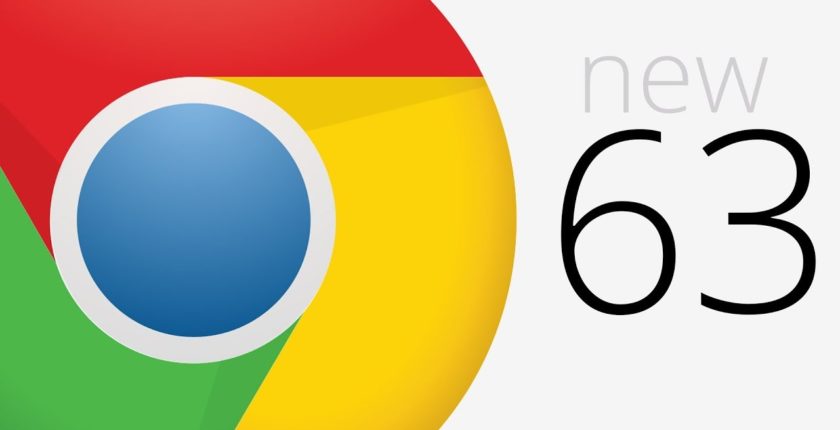This all started today, when v63 of Google Chrome was rolled out. Apparently, there is no workaround this, and all developer that use .dev for test purposes should be advised. Mattias Geniar wrote a post back in September, warning everyone of the changes, and the post is an excellent primer on what the Chrome team has done.
Please note that you can switch to using the reserved top level domain names of which would be listed below.
.test
.localhost
.example
.invalid
Now, if this sound like too much trouble another viable option is switch to Firefox as your development browser. It is fast, has comfortable dev tools, and has really made a ton of improvements over the past few years.
Bevenny Creations, cannot be certain if this would be a long time solution but it could help for the time being. But if you are like us, and love using Google Chrome; read on and find out what v63 has to offer.
More of what Google Chrome v63 has to offer
Google implements the Device Memory API, which helps developers create one user experience that can work across all devices. This new API uses the total RAM on a user’s machine to provide insights into device constraints and tailors content at runtime in accordance with hardware limitations. Developers can use it to serve a “lite” app to users on low-end devices or to add context to metrics, such as the amount of time a task takes to complete in JavaScript.
Developers will also want to know that version 63 includes an update to the V8 JavaScript engine: version 6.3. You can expect speed improvements, slightly lower memory consumption, and new ECMAScript language features. Check out the summary of API changes for more information.
Chrome 63 was supposed to add a new option to completely disable audio for individual sites. It doesn’t appear to be included for whatever reason, but we’ll update you if that changes.
Chrome 63 introduces Transport Layer Security version 1.3, which is enabled for Gmail in the updated browser. Google is bringing NTLMv2 support to Mac, Linux, Android and Chrome OS. NTLM or NT LAN Manager is a Microsoft authentication protocol for Windows.
Finally, Chrome 63 includes fixes for 37 vulnerabilities. Google paid researchers $46,174 for reporting the Chrome bugs, including an award to Microsoft’s Offensive Security Research Team.

